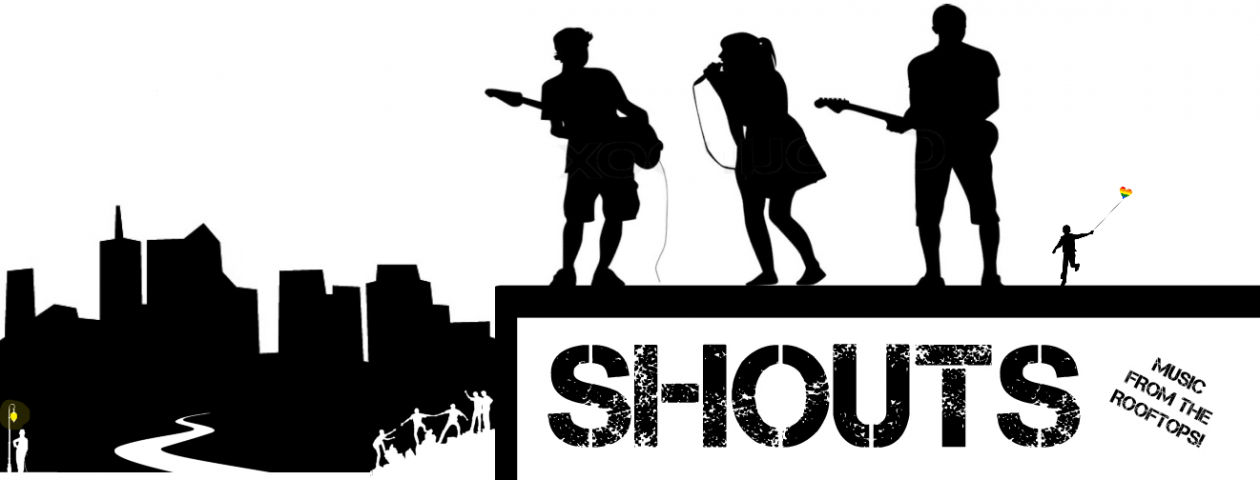The following text was written by Lee Brickley and published here with his permission.
“For anyone with no understanding of what’s happening to Kurds right now, here’s a little (simplified) history lesson for you….
Kurds have been living on the land they call home now for thousands of years. After WW1 and the fall off the Ottoman Empire, the British and French promised Kurds they could continue to reside in those areas peacefully because they intended to create a country called Kurdistan. They went back on that promise and carved up the Kurdish homeland with the creation of some new countries, meaning that the Kurdistan was split between Iraq, Iran, Turkey, and Syria.
All four of those countries have persecuted their Kurdish populations ever since. Turkey has committed the worst atrocities during that time, and up until recently, the Kurdish language, Kurdish names, and more were all banned. Turkey even refuses to call the people Kurds, and refers to them as “Mountain Turks” – a slur designed to brand Kurdish people as barbaric and uneducated.
Thousands of Kurds lost their lives during the 80s and 90s fighting against their Turkish oppressions, and yet the situation barely improved.
During the first Gulf War, the US encouraged Kurds to rise up against Saddam Hussein, but then failed to protect them when they did, resulting in thousands being murdered with chemical weapons.
Cue the 2003 invasion of Iraq.
When the US, UK and other Western countries invaded Iraq, Kurds fought alongside the allies, and against Saddam’s army. They managed to create an autonomous region in Iraq because of it. When ISIS began grabbing mass amounts of land in Iraq, the Kurds fought back with allied assistance and stamped them out.
When ISIS started taking land and murdering thousands in Syria, the Syrian President Assad ordered his army to leave the region and he left millions of Kurds there to die. They would have done too if it weren’t for the assistance of coalition air strikes and weapons that allowed them to push ISIS back and carve out another autonomous region in their homeland.
That region is Rojava. The people there live under a system called Democratic Confederalism which is based on workers’ rights, equality, feminism, and ecology. In principal, this version of democracy is far more democratic than any system used in a Western country today.
The Kurds didn’t want to team up with the US in Syria, they just didn’t want to die, and they were left with no option after being abandoned by Assad.
Now the US has abandoned the Kurds and left them to die too. They’re no longer “useful” and heaven forbid America is seen to be assisting a people who don’t bow to the international banking cartel, and are determined to live in a real democracy.
The US said it wanted to bring “democracy” to the Middle East, but not THAT sort of democracy.
Assad and Russia refuse to back Kurds now because they worked with the US instead of being murdered. And Turkey (the biggest oppressor of the Kurdish people, and the country that literally funded ISIS) has invaded their land with one of the largest armies in NATO with the intention of ethnic cleansing, genocide and freeing ISIS prisoners.
The Kurdish people just can’t win. Every major global power uses them when it suits their agenda, and then they feed them to the wolves.
The US won’t stand up for the Kurds. The Syrian Government won’t stand up for them, and neither will Iran or Russia. That is why every single person with a heart reading this must raise their voice now!
There’s an old Kurdish saying that goes:
“NO FRIENDS BUT THE MOUNTAINS”
Please show our Kurdish brothers and sisters that isn’t true. Do everything you can. I beg you.
Music, Awareness and Solidarity w/ Rojava Revolution by female:pressure
Compilation album by female:pressure, a German based record label with an international network of female artists within electronic music. All proceeds of the album “go DIRECTLY to the women of Rojava to build a women’s village on location called The Village Project: weqfajinaazad.org/en/index.php/news/954-a-village-for-women
Songs for Rojava by Lee Brickley
We interviewed Lee Brickley back in 2018 about this album and his work as a protest musician: “I want to see a bottom-up structure of organising society where people make the decisions that directly affect themselves, and upper-structures are only there to implement the will of the people. I see this happening in Rojava, and so it’s something I must support. And I encourage all others to do the same.” – Lee Brickley
Kalochori by Amar Zeno, Rody Zeno, Ronav Zeno
Kalochori is a refugee camp in Greece and where this album of Kurdish folk songs was recorded in July of 2016. All proceeds from the album go to the musicians themselves for they are Kurdish refugees who after a treacherous journey have today finally reached a safe place and gotten a refugee status.
Call of the Mountains by Shahriyar Jamshidi & Mohsen Badri
“Shahriyar Jamshidi Kurdish-Iranian-Canadian Kamanche (four-stringed-spiked -fiddle) player, composer, vocalist, founder of the Dilan Chamber Ensemble and co-performer at Kamancello. A graduate of Tehran University of Art and a former artist-in-residence at Banff Centre, Shahriyar has devoted his artistic career to the preservation and transmission of the Kurdish musical heritage.” – from the artist’s Bandcamp page.
Resistance // مقاومة // Berxwedan by Muudri
This deep dub electronic album has Middle Eastern music influences woven into it. The artists, known as Muudra, collected sounds on his journey through the Middle East and created the following blend of music and field recordings.
✊






